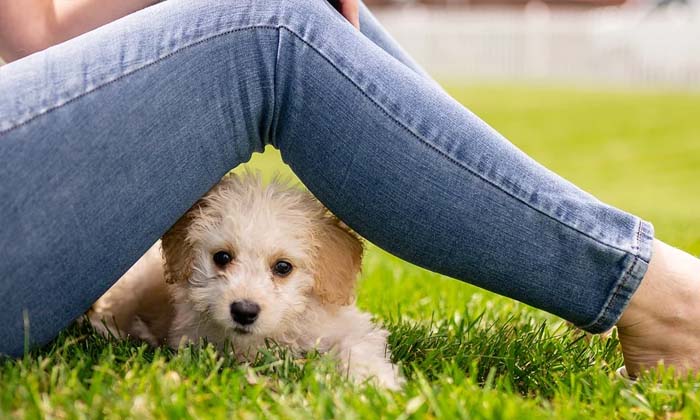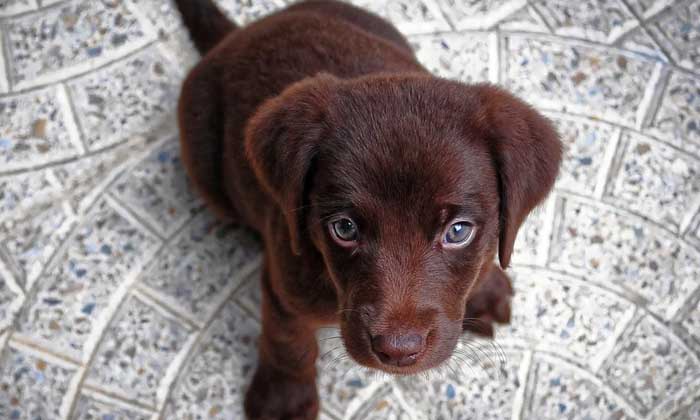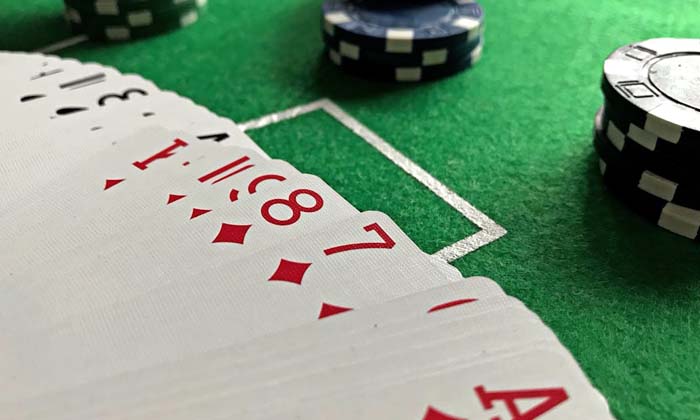Forgetting to train your dog can lead to undesirable behaviour and chaos, that's why any decent breeder starts with socialisation skills from birth, and you should continue with training the moment you bring a puppy home.
Just like babies, puppies have a short attention span, but don't let that stop you from getting started with basic obedience command training and house training from the off.
To make the training process easier for both of you, we've compiled a list of tips, as recommended by experts, to get you on the right track.
Teaching your puppy to sit is one of the easiest and most important commands to introduce very early on in the relationship. Once mastered, you can work on sit and stay and then on to other commands.
Choose the Right Name
When you choose a name for your new puppy, you rarely consider the impact it could have on training. Experts believe that some names make training easier than others. Consider using a short, stern sounding name, where the emphasis is placed on the end.
You also need to make sure that your chosen name can't easily be confused with commands. A really good tip is to use your puppies' name in fun, joyous moments to associate these feelings with it. Your puppy will get used to it soon enough, and once it is, proper training can begin.
Establish House Rules
It's crucial that you decide what the house rules will be before you bring your puppy home. If you aren't living solo, make sure that everyone in the house is on board with the rules and that they'll do their part to implement them.
Establishing and implementing house rules from the start will prevent confusion. Teaching your pup commands or house training will be easier if your puppy is already used to some basic discipline.
Consider rules like no sleeping on the beds, no jumping at the dinner table, no entry to specific rooms, etc.
Start with Basic Commands
You can start with basic command training as soon as you bring your new furry friend home. Experts suggest that you start training by teaching your pup to react to its name and come when you call it.
4 Basic Puppy Command Traing Tips
- Get down on your puppies' level and excitedly call it.
- When your puppy reacts and comes, use positive encouragement.
- Repeat this action a few times.
- When it seems like your puppy has the hang of it, try this command again when your puppy is distracted.
Once your puppy has perfected this command, move on to the "sit" command. You can practice this command regularly throughout the day and even incorporate it as obedience during mealtime or when guests arrive at your home. Other basic obedience commands include rolling over, standing, and staying.
Use Training Techniques in The Moment
Puppies have a short attention span, making them forget something minutes after it happened. Training your dog at the moment something happens is your best bet.
If your puppy misbehaves, you should immediately implement your chosen training technique. Timely training will ensure that it's able to make an association between the act and the consequence.
Disciplining your puppy when you discover a result of bad behaviour minutes or hours later won't help. Your puppy won't understand why it is being punished, and you might end up scaring your new best friend.
Use Rewards and End Training with Positivity
It would be best if you always reward good behaviour from puppies. For rewards, you can use best dog treats for small dogs, toys, praise and love. It's important to let your puppy know that it's getting things right.
Doing this will further encourage good behaviour and give your pup the needed confidence boost to continue with the desired action even after you've stopped giving rewards.
When you start with longer training sessions, end it with some playtime. Your pup will be eager to have its next training session when it knows that some fun will follow!
Conclusion
Although training your puppy can be exciting, it can have some bumpy rocks on the road and prove to be challenging at times. The process will require dedication, patience and understanding.
Using these expert tips can be of great help, though you should consider calling in professional services if you're struggling too much. Failure to establish good behaviour patterns during puppyhood can lead to disaster as your puppy grows up.





